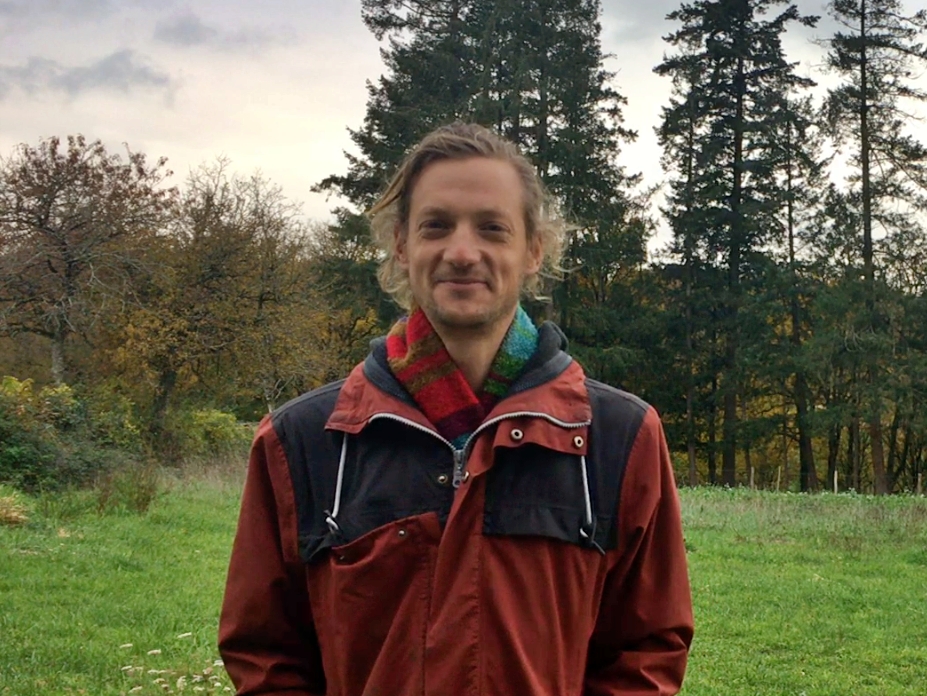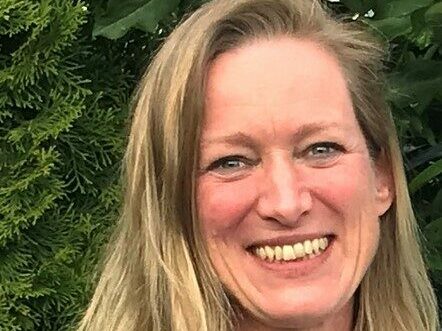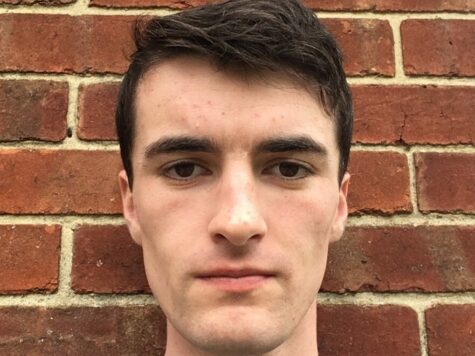Thomas Litzler is an expert in permaculture and agroecology. He’s currently responsible for the farming and gardening activities in the area surrounding Bonnevaux Abbey. In this interview, Thomas talks about a ‘more gentle way of farming’ in Bonnevaux and the permaculture movement. He opens up about the meaning of a contemplative approach to farming and how his relationship with the Abbey has developed.
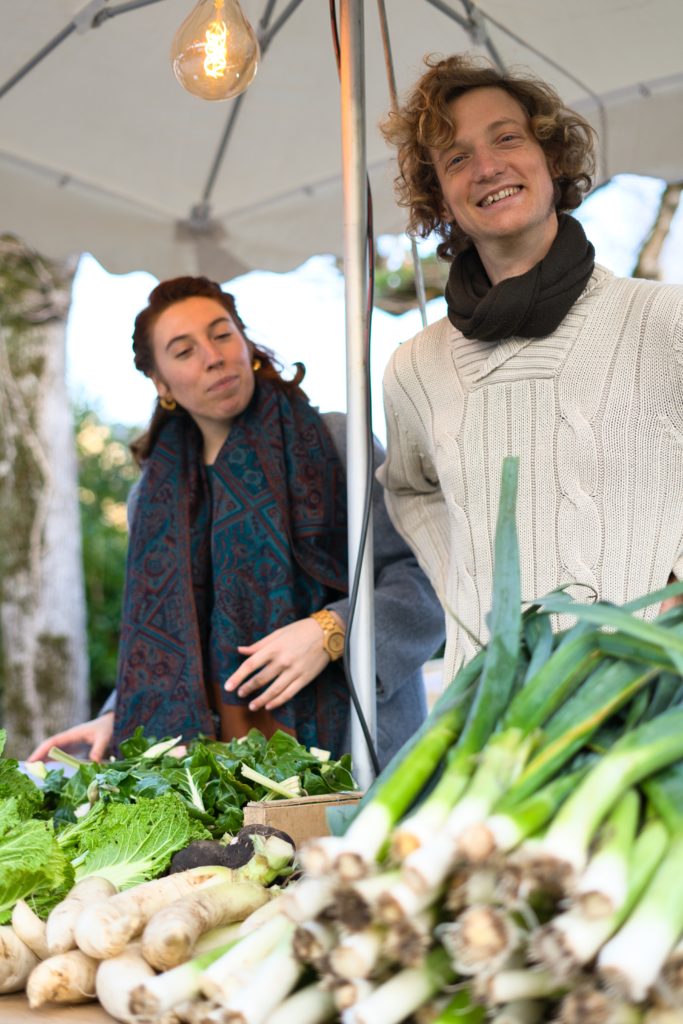
How did you get close to the permaculture movement?
I first heard about permaculture when I started studying ecology when I was 18. Some of my friends were very enthusiastic about it. But at that time, I was thinking bigger: I thought that individual transition was not enough: it had to be carried out by public policies. I then worked for 4 years as a public servant, dealing with biodiversity and natural spaces.
It turned out that public stakeholders appeared to me to be often outdated on these matters and that all decisions were very slow to happen. So I quit my job and the urban lifestyle, to travel in New Zealand for 1 year.
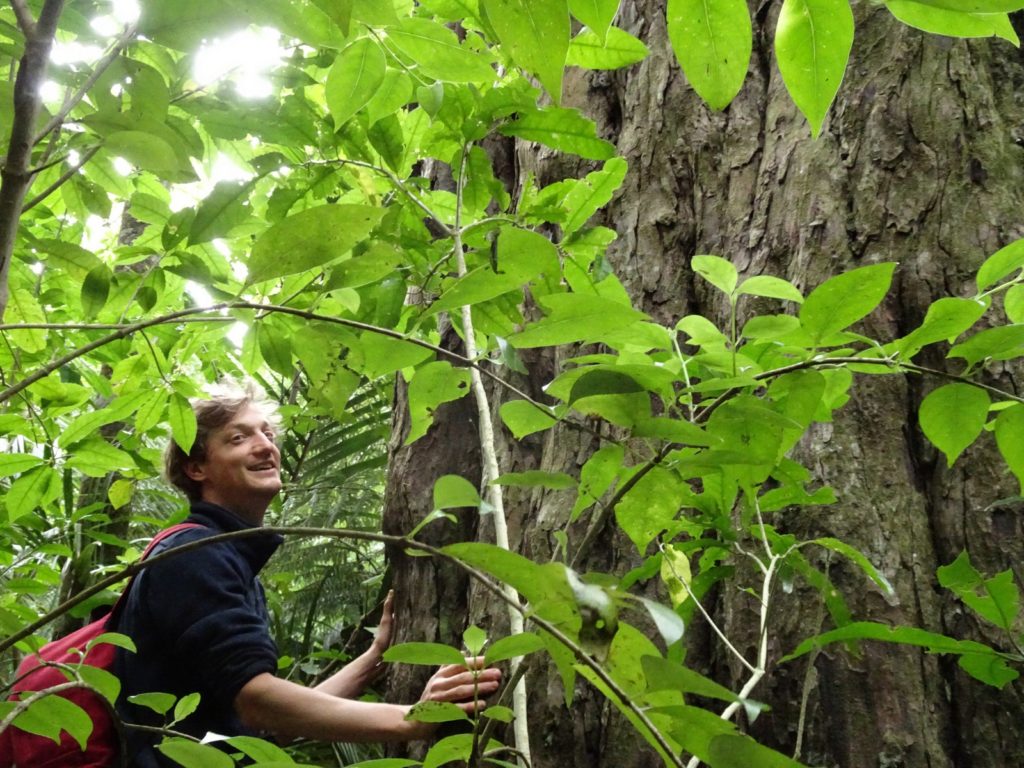
This is where I really met permaculture for true and it sounded beautiful and I was fully convinced in its potential, both for me and on a more global scale, for our western societies.
What’s the difference between a ‘more gentle way of farming’ and mainstream farming?
To me, it’s really about the relationship we have with the Earth. A ‘gentle way of farming’ relies on love and awe for nature, we see that there is something magic in all-natural processes. We respect the characteristics, the limits, maybe even the personality of the land. I love the words ‘stewardship’ and ‘husbandry’ as they carry these meanings in English (we don’t have a similar translation in French!).
Whereas mainstream farming often looks down to the land as a capital, an asset for business which needs heavy engineering to get something out of it.
“A ‘gentle way of farming’ relies on love and awe for nature, we see that there is something magic in all-natural processes.”
How has your relationship with the Abbey developed throughout this year?
Having been welcomed by the community in Bonnevaux was magic. All that I needed, all that I could wish, was given to me when I first arrived in Bonnevaux. The amazing thing is that I was told about the place and project when I was in New Zealand. I felt blessed, I was driven to the right place to root myself, my life and my project. The community was (and still is!) incredibly generous and confident with me. I also have a frame to develop my meditation practice, which is very precious. This year though, the situation with the covid changed things a lot here and I’m not able to spend as much time as I’d like with the community. Let’s hope that things come back to normal soon.


In a previous presentation on this project you talked about having a contemplative approach to farming, can you explain a little bit what that means for you and how that translated this year in practical terms?
Having a contemplative approach to farming means working, thinking, feeling, being in the now. Being fully here. Doing what I’m doing. Fully open to what surrounds me. Loving every single form of life around me, as well as the sky, the wind, the cold and the rain. Listening truly to people who I meet and giving them as much space and freedom as I’m able to. It’s also about listening to my perceptions and intuition when it’s time to make a decision, instead of relying only on my rational thinking.
What does this project mean for you?
Life!
What has been the impact of the pandemic on you and your work?
Except for the relationship with the Abbey that I mentioned before, things didn’t change very much. This is where my activity is wonderful: it’s outside, in full air, far from the crowds, surrounded by beauty. Because farming is essential to everybody’s life, it is allowed by the government, which means that I can still sell my vegetables and get the supplies I need.




What are your plans for this project for the coming months/year?
I always have many plans, lots of ideas to develop the farm and deepen the relationship with the Earth! Because I love what I’m doing and I’m very passionate about it. Certainly, wisdom would be to reduce my ambitions! To become able to run less, to decrease my pace of work, and mainly: to think less. Then, there would be more space to just be. In love with the world.

